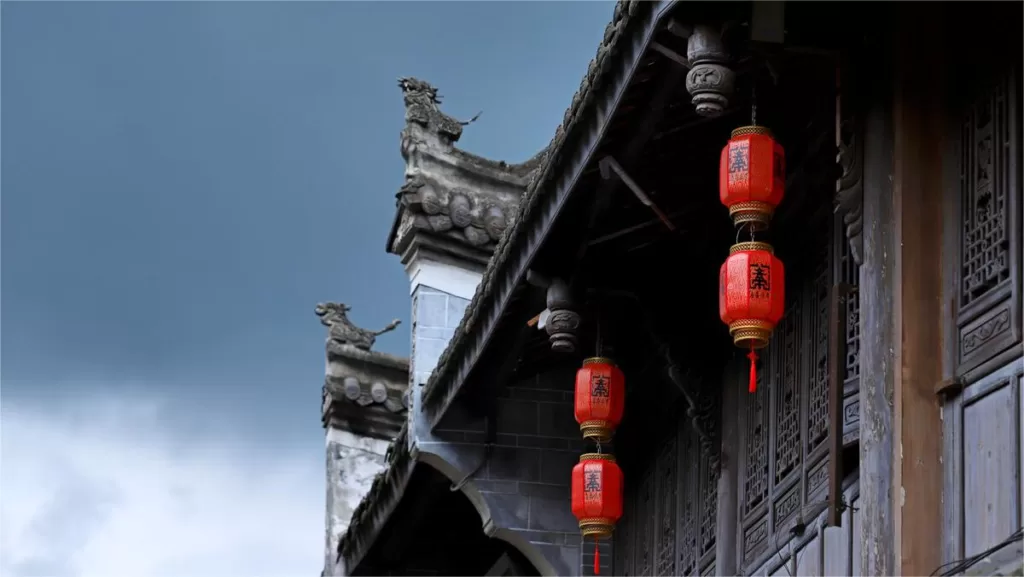Luodai Ancient Town is a historical and cultural gem located in the Sichuan Province of China. It is situated approximately 20 kilometers southeast of Chengdu, the provincial capital. With a history spanning over 2,000 years, Luodai is renowned for its well-preserved ancient architecture, rich cultural heritage, and its unique association with the Hakka people.
Luodai’s history can be traced back to the Eastern Han Dynasty (25-220 AD), during which it was established as a military fortress. The town’s strategic location allowed it to serve as a crucial defense point and trade hub between the Han Chinese and various ethnic minorities in southwestern China.
During the Three Kingdoms period (220-280 AD), Luodai gained further prominence as it became a crucial battleground. The town witnessed conflicts between the Shu Kingdom led by Liu Bei and the Wu Kingdom led by Sun Quan. Numerous ancient relics, such as weapons, pottery, and tomb sites, have been excavated in the area, providing valuable insights into this tumultuous period.
In the following centuries, Luodai evolved into a thriving commercial center along the ancient Silk Road, connecting China with other parts of Asia and Europe. Traders from different regions would gather in Luodai, fostering cultural exchanges and contributing to the town’s cosmopolitan atmosphere.
The most significant influence on Luodai’s cultural identity came during the Ming Dynasty (1368-1644) when a large number of Hakka people migrated to the area. The Hakka, an ethnic group known for their distinct customs and architecture, settled in Luodai and played a pivotal role in shaping its unique cultural landscape.
Luodai Ancient Town boasts more than twenty ancestral halls, ancestral temples, and clan houses built by the Hakka community. These architectural marvels feature intricate woodwork, stone carvings, and traditional Hakka motifs. The exquisite craftsmanship and attention to detail reflect the Hakka people’s reverence for their ancestors and their strong sense of community.
The town’s layout also reflects the Hakka’s architectural style, with narrow and winding streets, high-walled courtyards, and traditional Tulou buildings. These Tulou structures, circular or square in shape, were designed to provide communal living spaces for extended families, offering both security and a sense of unity.
Over the years, Luodai has undergone renovations and preservation efforts to maintain its historical charm. Today, it is a popular tourist destination, attracting visitors from all over the world who come to immerse themselves in its rich heritage. The annual Hakka International Folk Culture Festival held in Luodai showcases traditional Hakka customs, cuisine, music, and dance, further contributing to the town’s cultural vibrancy.
Luodai Ancient Town stands as a testament to the fusion of history, culture, and architectural splendor. Its intricate past and unique Hakka heritage make it a fascinating destination for those seeking to explore China’s ancient civilizations and experience the vibrant traditions of the Hakka people.

